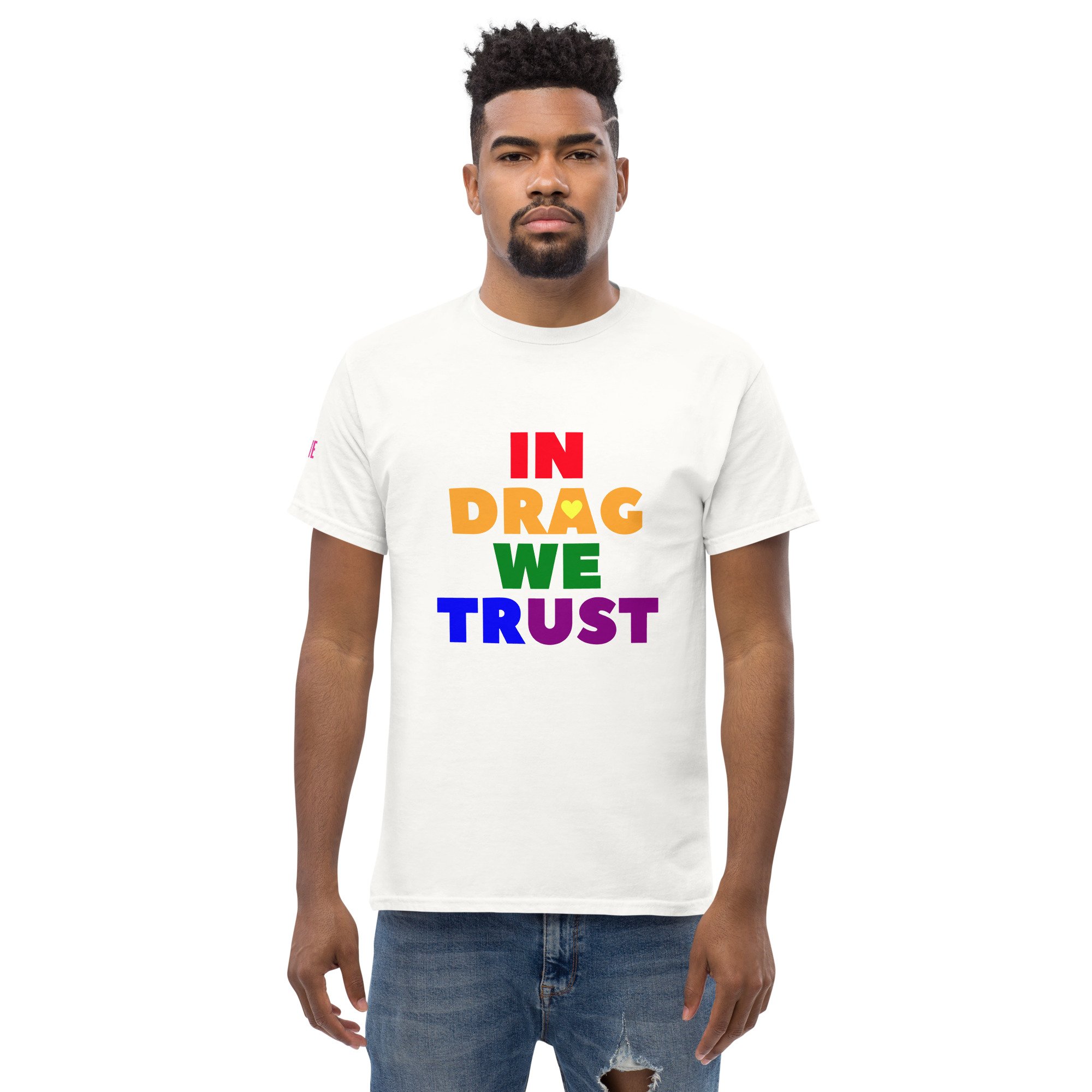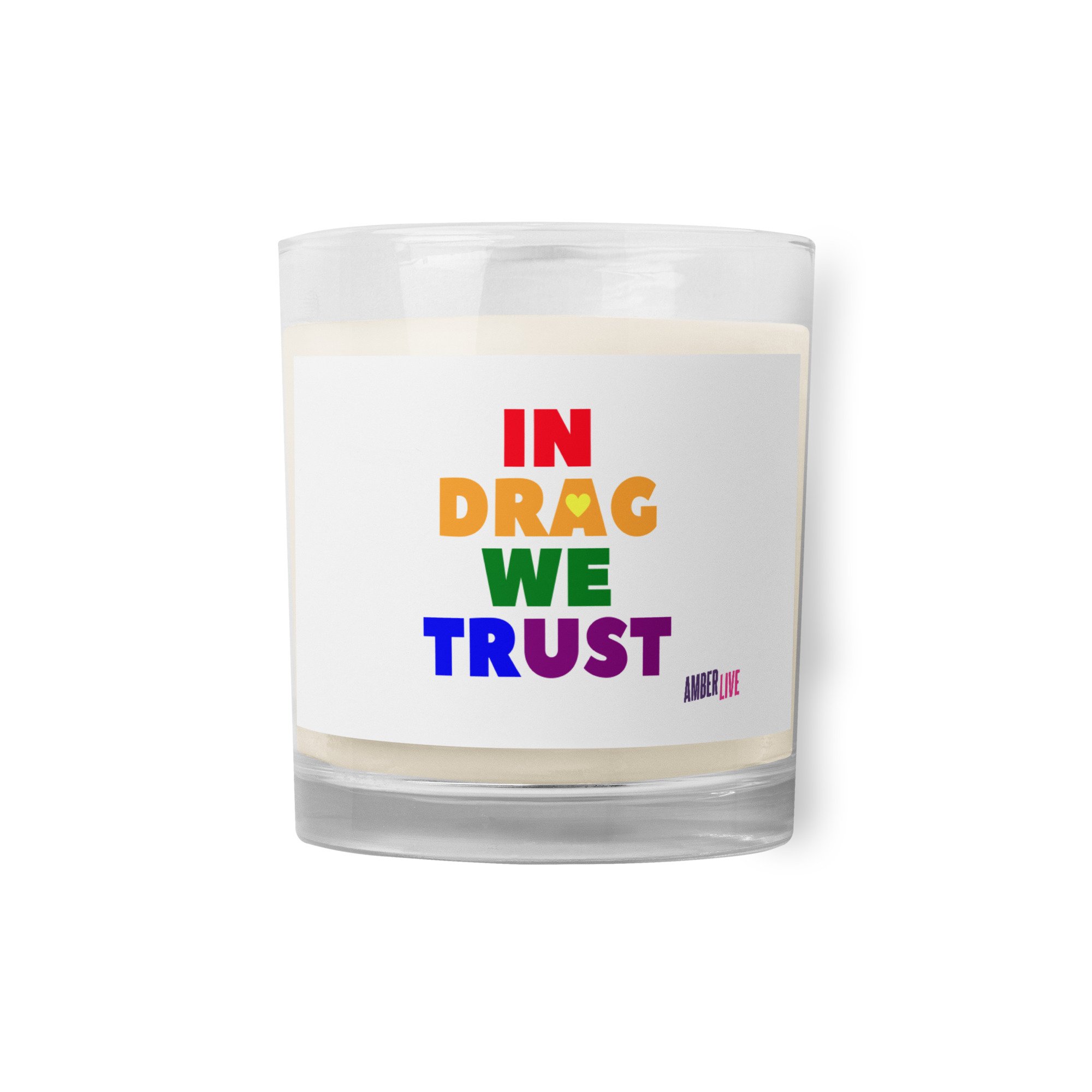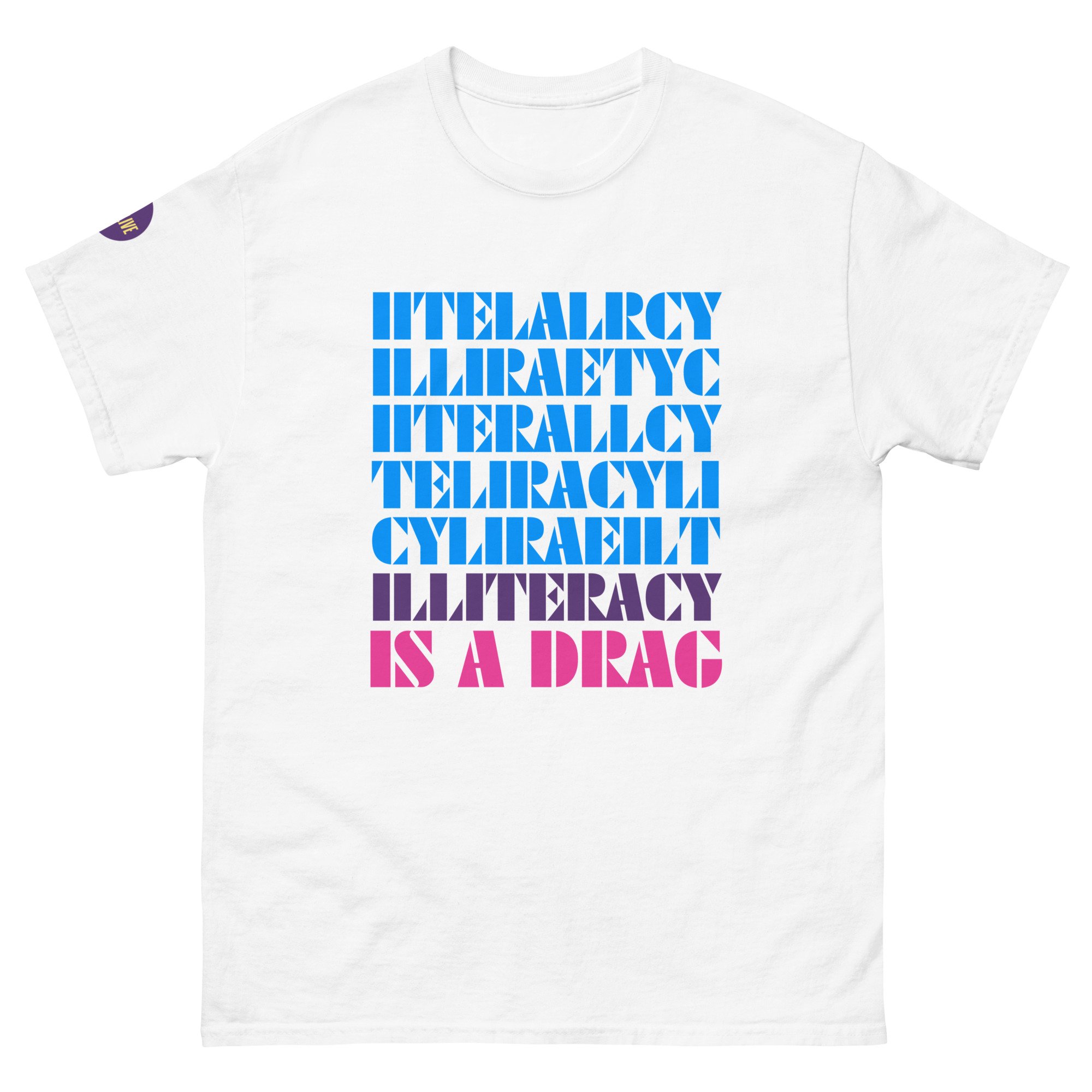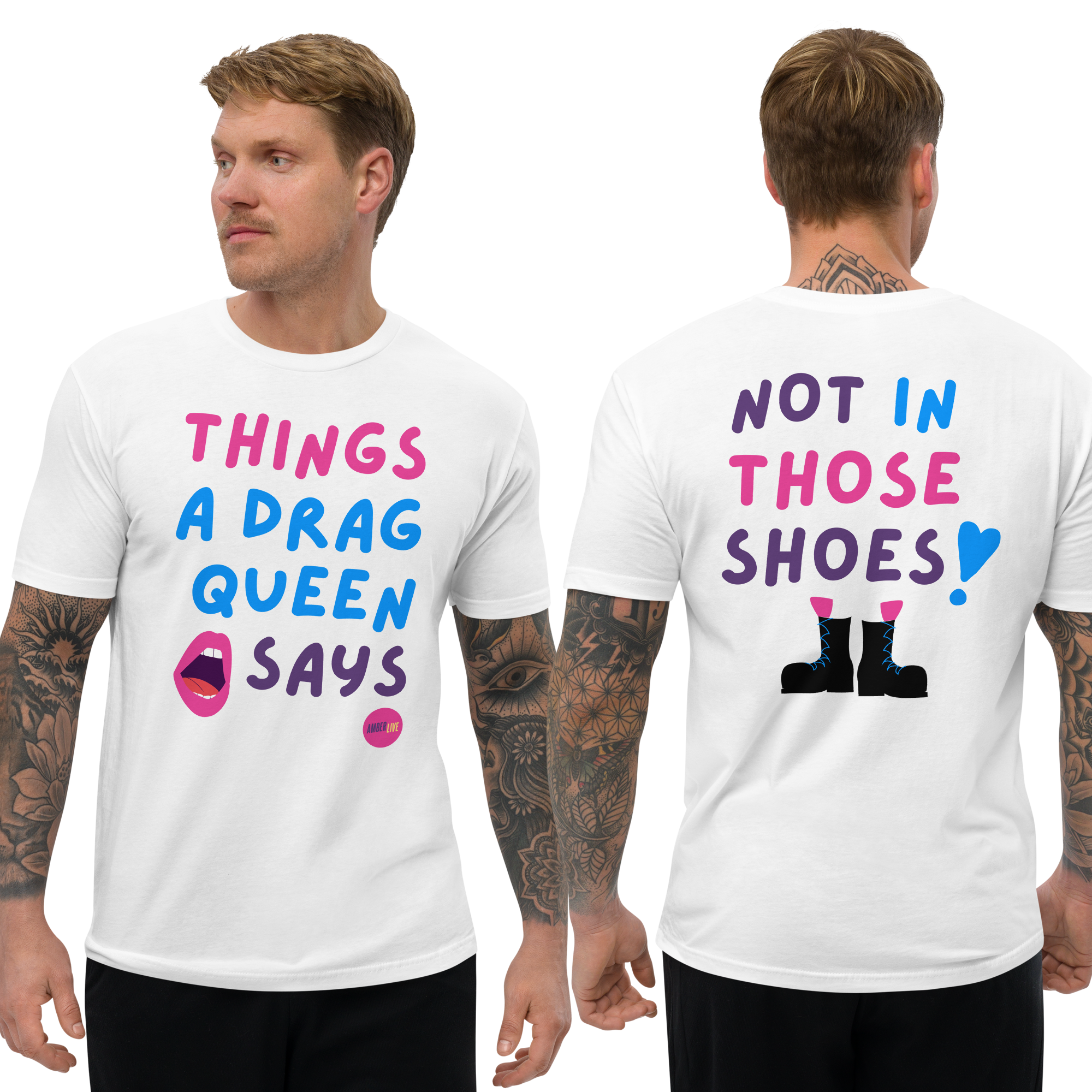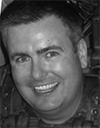Abe Gurko: Producer, Creative Visionary, Activist
Table of Contents
Introduction
Early Career in Fashion and Entertainment
Work with Carrie Fisher
Producing High-Profile Events
Charity Fundraising
Upcoming Documentary Projects
LGBTQ Advocacy and Activism
Won’t Be Silent
Wolf’s Song
Introduction
Amber LeMay was lucky enough to speak with Abe Gurko. You can view the whole interview above in which they talk about Abe’s career, films, the incredible story of his uncle, and why Abe Won’t Be Silent.
Early Career in Fashion and Entertainment
Abe Gurko started his career in the fashion industry in New York City. Seeking new challenges, he moved to Hollywood to gain firsthand experience in the entertainment business.
He learned the inner workings of celebrity through jobs on daily variety/talk shows. This behind-the-scenes view shaped Abe's vision as a future Hollywood producer. He learned to create compelling narratives around talent.
Work with Carrie Fisher
Abe spent several years working closely with acclaimed actress and author Carrie Fisher. He gained invaluable insight into Hollywood through this association with pop culture royalty.
Abe Gurko and Carrie Fisher
Carrie Fisher was known for her sharp wit, outspoken personality, and honest commentary about the pressures of fame. Abe drew inspiration from her authenticity and applied it to his producing work.
Producing High-Profile Events
Over the years, Abe has produced major events in fashion, film, music, and beyond. His projects include movie premieres, photo shoots, product launches, and Central Park charity races.
With experience in New York, LA, Amsterdam, and Reykjavik, Abe brings a global sensibility to event production. He melds spectacle with meaning to create shareable, impactful experiences for attendees.
Charity Fundraising
Giving back is important to Abe. His events have helped raise millions for organizations supporting AIDS research, the arts, and more.
He views compelling storytelling as a tool for greater purposes. By engaging audiences, Abe spotlights important causes that need support. His productions make philanthropy participatory.
LGBTQ Advocacy and Activism
In addition to broader social causes, Abe Gurko uses his platform to support LGBTQ advocacy. He has produced events raising millions for HIV/AIDS research and awareness.
Abe also supports LGBTQ artists, providing production work for musicians like George Michael and Elton John. His documentaries highlight queer stories, including the struggle for equality and self-expression.
During the AIDS crisis of the 1980s and 90s, Abe helped raise funds for care and medical research. He continues fighting stigma by putting LGBTQ voices front and center.
Whether through fundraising productions or uplifting marginalized narratives, Abe leverages his Hollywood influence to empower the LGBTQ community. His activism emerges from a place of compassion and zest for positive change.
Upcoming Documentary Projects
Abe is currently producing two feature documentaries. The first, Won’t Be Silent, explores protest music by women artists. The other, Wolf’s Song, shares his uncle's musical composition created while interned in a WWII concentration camp.
These projects exemplify Abe's instinct forFinding untold stories and amplifying unheard voices. He uses film to preserve history and catalyze positive change. Abe Gurko has a visionary's spirit.
Won’t Be Silent
Won’t Be Silent explores the power of music and its dynamic ability to motivate and uplift people to take action and speak their truth. The film traces the journey this healing piece of music travels as it is rediscovered by current artivists through reinterpretations designed to becomes a modern day anthem for activism.
The documentary Won’t Be Silent centers around a recently discovered, long-lost piece of music that Wolf Durmashkin—a renowned composer and the youngest conductor of the Vilna Symphony—wrote while in captivity in a concentration camp in 1943.
Wolf’s Song
The journey of this film began shortly after that fateful day when the White Nationalists marched in Charlottesville screaming, “Jews will not replace us”. Fortuitously, my family was notified by the musicologist at the US Holocaust Museum confirming that a long-lost piece of music scribbled in an obscure book was attributed to my uncle Wolf Durmashkin. He wrote it while in the Klooga concentration camp, where he was killed. Wolf was only 30 years old.
Wolf Durmashkin
Wolf was a child prodigy, performing piano by age six and becoming the youngest and only Jewish conductor of the Vilna Symphony Orchestra before WWII. The Nazis occupied Vilna in 1941. When Wolf’s family was thrown into the Ghetto, he received a special dispensation to leave the ghetto to continue conducting the orchestra. Yet, he was forced to return to captivity nightly. In a heroic effort to keep hope and culture alive, Wolf and his fellow musicians started the Vilna Ghetto Orchestra by smuggling in every instrument—including a piano, which they dismantled and reassembled piece-by-piece.
Music as resistance has always been vital to those who’ve been oppressed: be it in concentration camps, cotton fields, or inner-city streets. We sing about a better way of life because we know, universally, that it can be. Music connects the past and the present seamlessly, weaving together stories of our collective humanity.
—This article was written, restructured, or adapted by Russell with information gathered from sources around the internet. Russell is the producer of Amber Live and is greatly overworked to pull it all together. If it’s on the internet, it must be true. (We’re kidding.) BUT, if you find any errors or omissions in the article, please let us know so that we may correct the issue. Thanks for your support!










